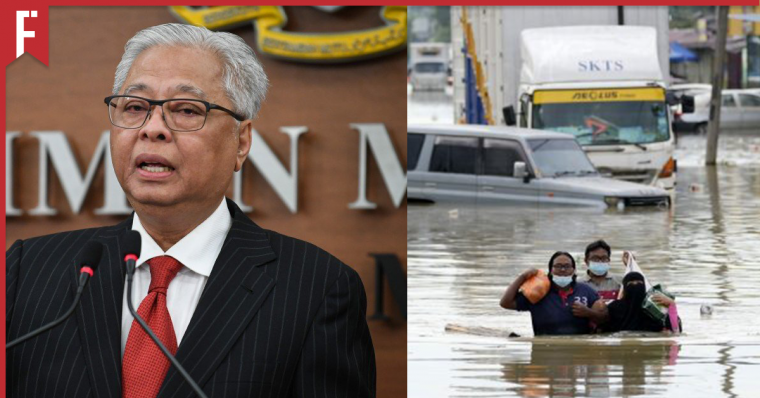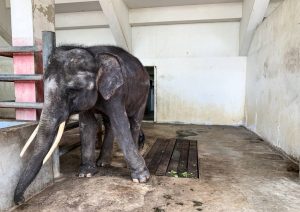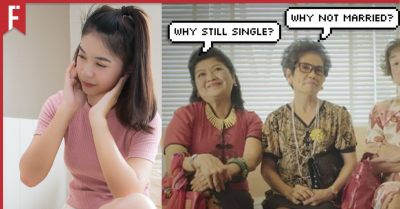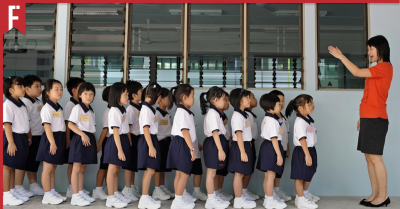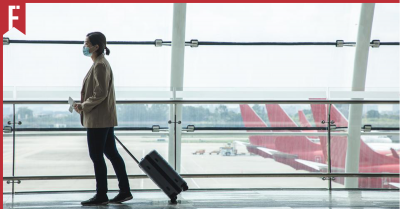
I’m sure you’ve heard about the Rohingya kids that went viral on Twitter by now. They were seen asking for money in quite aggressive ways; by insistently knocking on people’s car windows, attempting to pull their doors open and threatening the people on the roads to give them money.
Their behaviour has brought on a lot of… less than nice comments from Malaysian netizens, with them saying that the kids’ behaviours and their persons are “unwanted here” and calling for Malaysia’s government to “handle” the situation by kicking them out.
When you think about it, what has actually led the kids to behave this way? Is it how they were raised, what their surroundings are like? And most importantly, why are Malaysians so quick to pass judgment and punishment when it comes to the Rohingya and refugees?
Who Are They and Why Are They Here?
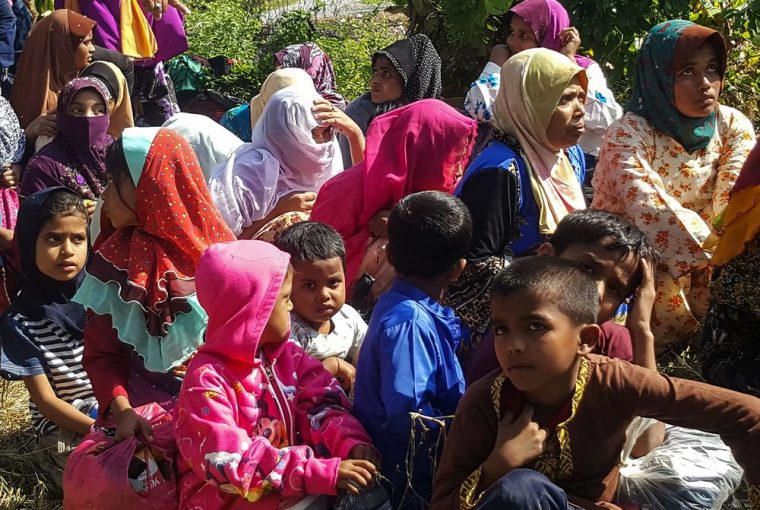
The Rohingya first came to Malaysia in 2016 when our then Prime Minister Najib Razak opened Malaysia’s borders to them as they were fleeing Myanmar’s genocide.
In 2017, according to UN statistics, there were over 56,000 Rohingya living in Malaysia, although it was said that the number could be much higher as many are undocumented. Now though, more than 100,000 Rohingya live on the margins of society in Malaysia, registered as “illegal immigrants” and aren’t allowed to work.
They used to be registered under “refugees” but as of 2020, according to the Home Ministry, Malaysia does not recognise the community as refugees anymore but merely “illegal immigrants”, even though they hold the United Nations High Commissioner for Refugees (UNHCR) identification cards.
Due to their “illegal immigrants” status, in order to survive, they have no choice but to partake in some… less than ideal jobs in less than ideal situations. Some (mostly kids) are seen begging for money on the streets, some are taken by human traffickers and forced to do unspeakable things. There are also some Rohingya girls who were sold as child brides in Kuantan.
On top of all that, did you also know that the Rohingya were denied education for 40 years? Imagine yourself in their shoes, living that long without a proper education – what would you have grown up to be like?
They’ve lived in their own personal bubble since they’ve been denied so many basic human rights at such a young age. What else can they be expected to do? They can’t work and earn a living here the normal way.
So what? We open our arms to them in their time of need and then just… leave them like that? Like “Yeah, you can come in but don’t touch anything though.” And yet you wonder why they’re behaving the way that they are.
Why Are You So Mean About It?
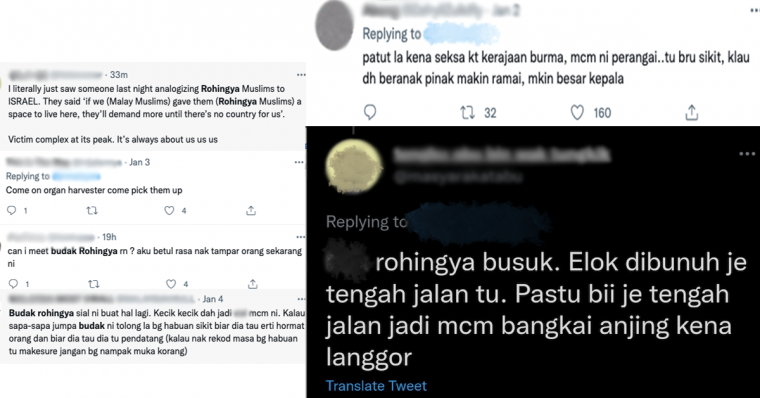
Because of what’s been happening over the years regarding the Rohingya community in Malaysia, there has been some prejudice going around. Some Malaysians have talked about them as if they’re not actual people and don’t deserve the same rights as we do.
Look, I get where you’re coming from. We Malaysians barely have stable rights ourselves, but is this really how we’d like to be seen?
Some netizens went as far as to say that “no wonder they were ethnically cleansed”.
First of all, what gave you the right to say such horrible things about people who are less privileged than you? Is this really what we are? As Malaysians who claim to be oh so kind and helpful? Bukankah budi bahasa itu budaya kita?
We’ve kept the spirit of #KitaJagaKita and helped each other a lot these past years and you guys suddenly turn that right round by saying such horrible things to kids that were begging on the streets?
They are kids!
They were denied basic education from such a young age because their home country did not let them have one. As if being a refugee or an illegal immigrant automatically disqualifies you from getting an education.
And for the fact that they were probably raised in an environment that normalises this kind of aggressive behaviour to get what they want.
Where did you learn to say “please” and “thank you” and to ask for things politely? If it wasn’t practised with the people around you, how else are you going to catch up on it? If your parents or family members didn’t teach you those things, your teachers certainly did.
These kids were raised by people who mistreat them and use harsh words to get what they want. So like any kid, they learn through behaviour. Since they don’t know what else to do, they just follow what they’ve seen.
It’s been proven time and time again that behaviours and habits are learned. If you are surrounded by people who are rude, then by default, you’ll grow up to think that it’s just how people are and that’s how they interact. And if no one’s there to correct your behaviour, you’ll probably live like that for a very long time.
An excerpt from a research paper titled “How Does The Environment Affect The Person?” reads, “the environment influences individuals, both microgenetically and developmentally, via the information that is generated in that environment and transmitted into the minds of those individuals.“
Of course, this isn’t an excuse for someone to be rude or misbehave. It’s just to show that we were born in different environments and that calling names and hurling slurs really doesn’t make us the better person if we want to go about making a change. Especially when you’re faced with a community that’s already been stripped of their rights since they were born.
Since the Rohingya have no legal documents, they have to do whatever they can to survive. Reading about what they’ve been through seems to only be the tip of the iceberg, because it seems like they’ve been living such a hard life all these years. I can’t imagine how they’re feeling.
And honestly, I understand where you’re coming from — these kids are potentially endangering themselves by running into traffic to collect money that may or may not get back to people that aren’t good.
But if you were in their shoes, won’t you do whatever you can for a meal too?
Don’t Be So Inhumane
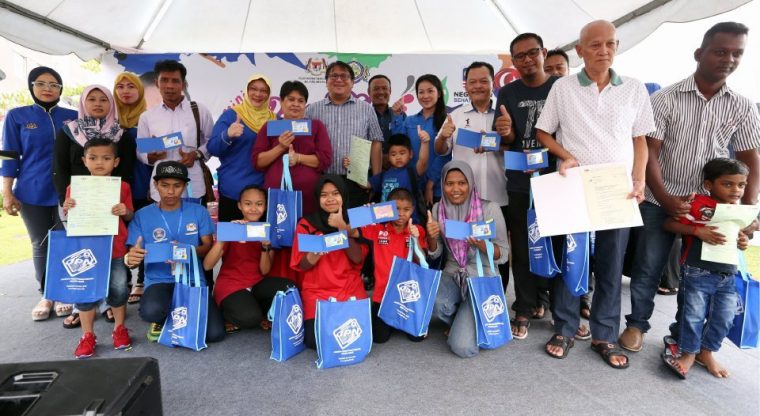
These people had to flee their country and live like drifters, going from one illegal job to another illegal job. And in the end, they’re all just trying to survive. And to that I say, aren’t we all? The only difference is that we have more rights than they do. And the least we can do is help out, even a little.
Extend a little of our #KitaJagaKita attitude for some of those who are in need. It doesn’t matter that they’re not Malaysian citizens. If you’re seeing someone that’s struggling, wouldn’t you offer a helping hand too?
I mean, that’s what we’ve been doing these past months anyway. Or is that only limited to Malaysians? Because apparently, it’s so hard to lift a helping hand to immigrants and refugees. What’s the difference between us that you think they don’t deserve to be helped?
Speaking from an ordinary rakyat‘s perspective, I find it incredibly disgusting that some of you guys really took the time to comment such horrible things in the face of the less fortunate. Mind you, they didn’t come here on vacation or just to “visit”. They came here because they were running away from people who tried to kill them. And we use our “budi bahasa” to aim insults at them and condemn them for wanting to earn a living? Please, check yourselves.
It’s okay to disagree with their behaviours, but what’s not okay is wishing and planning harm on them when all they want to do is to look for money. They don’t have any other choices. So I urge you again to stop dehumanising people just because you think they don’t deserve to be here.
Instead, let’s all look back and reflect on the kindness we’ve shown each other the past year and aim to do the same this year, to everyone, regardless of race and religion:
The Best and Worst of Malaysia in 2021
